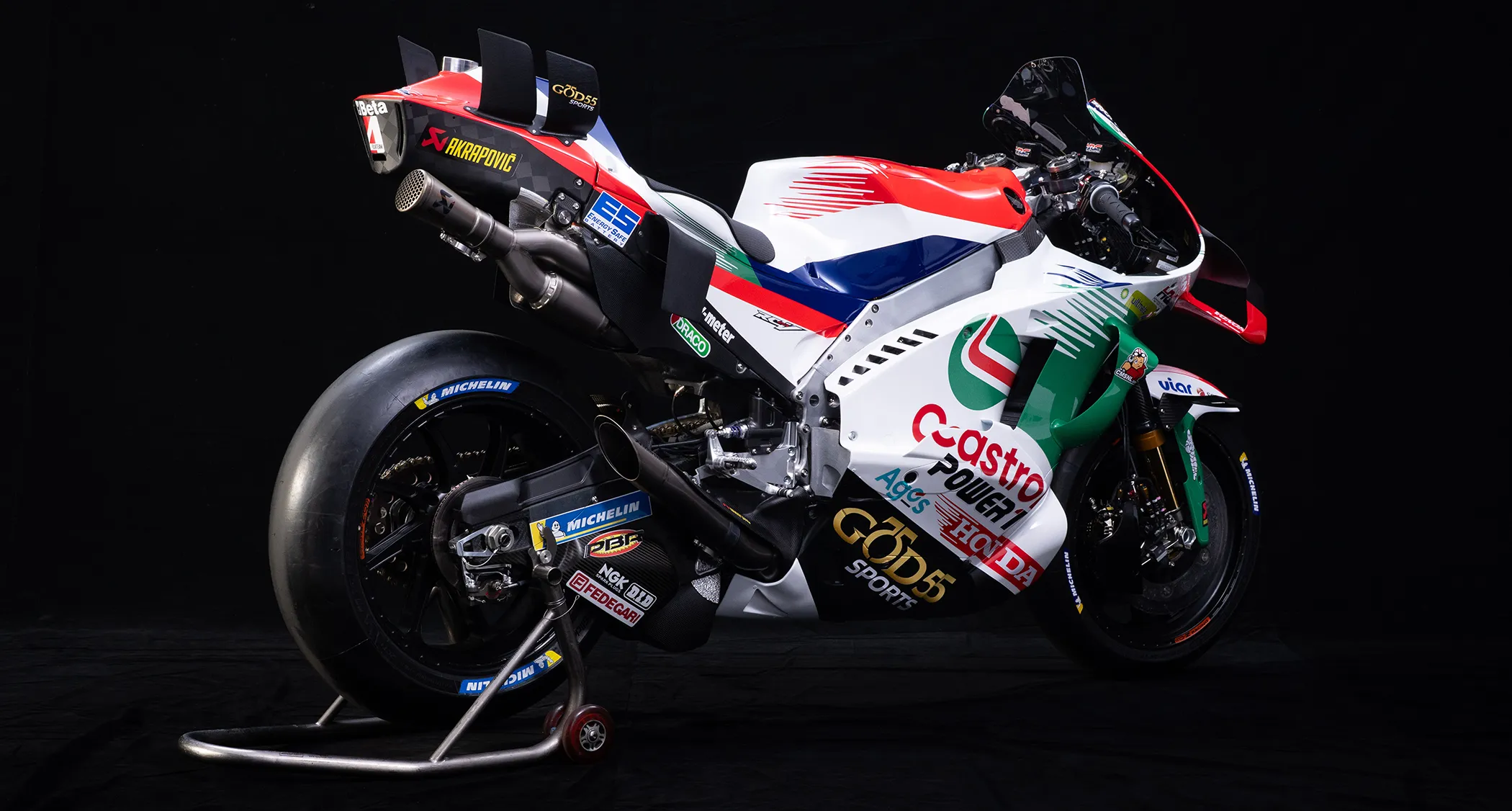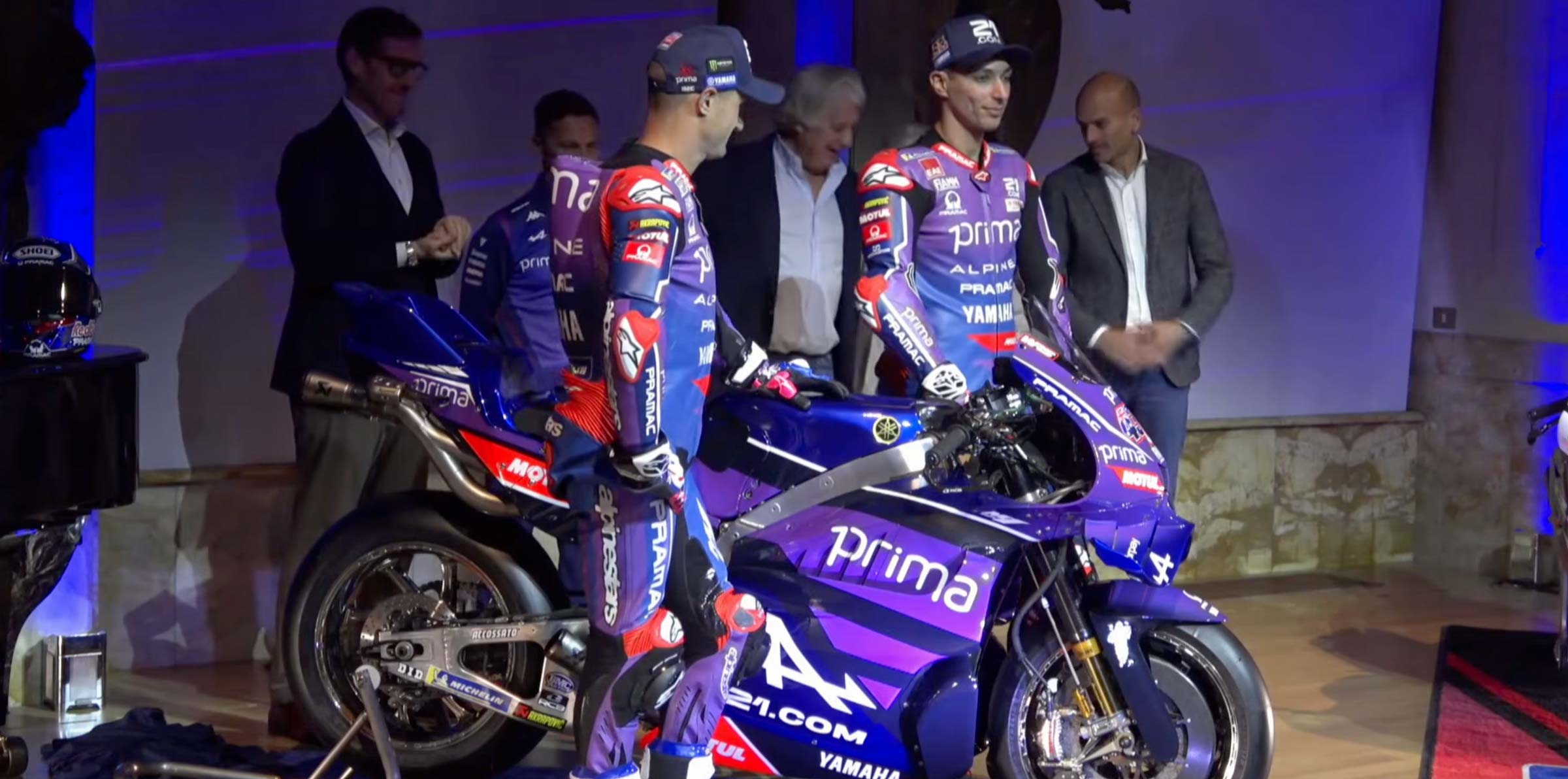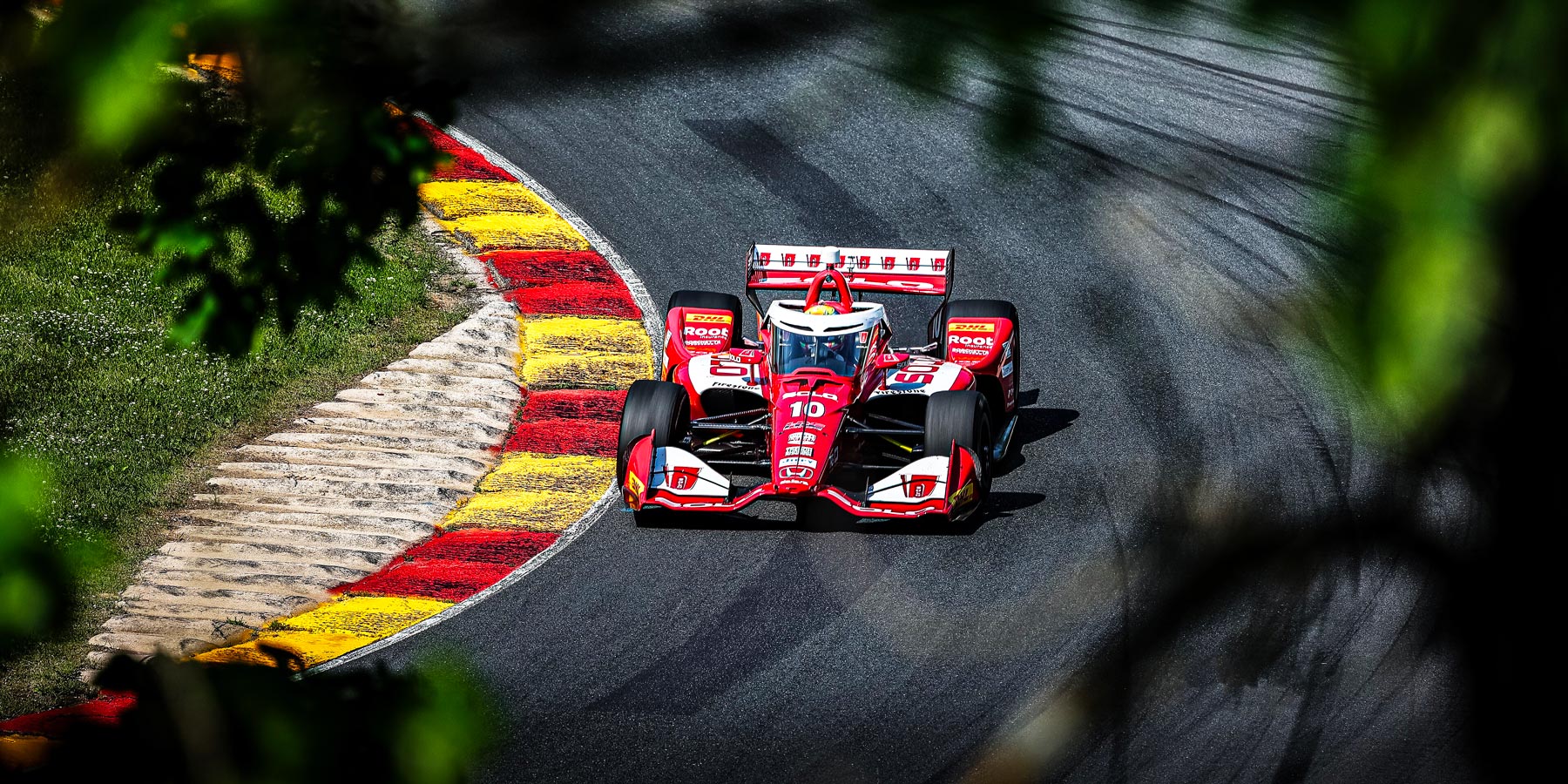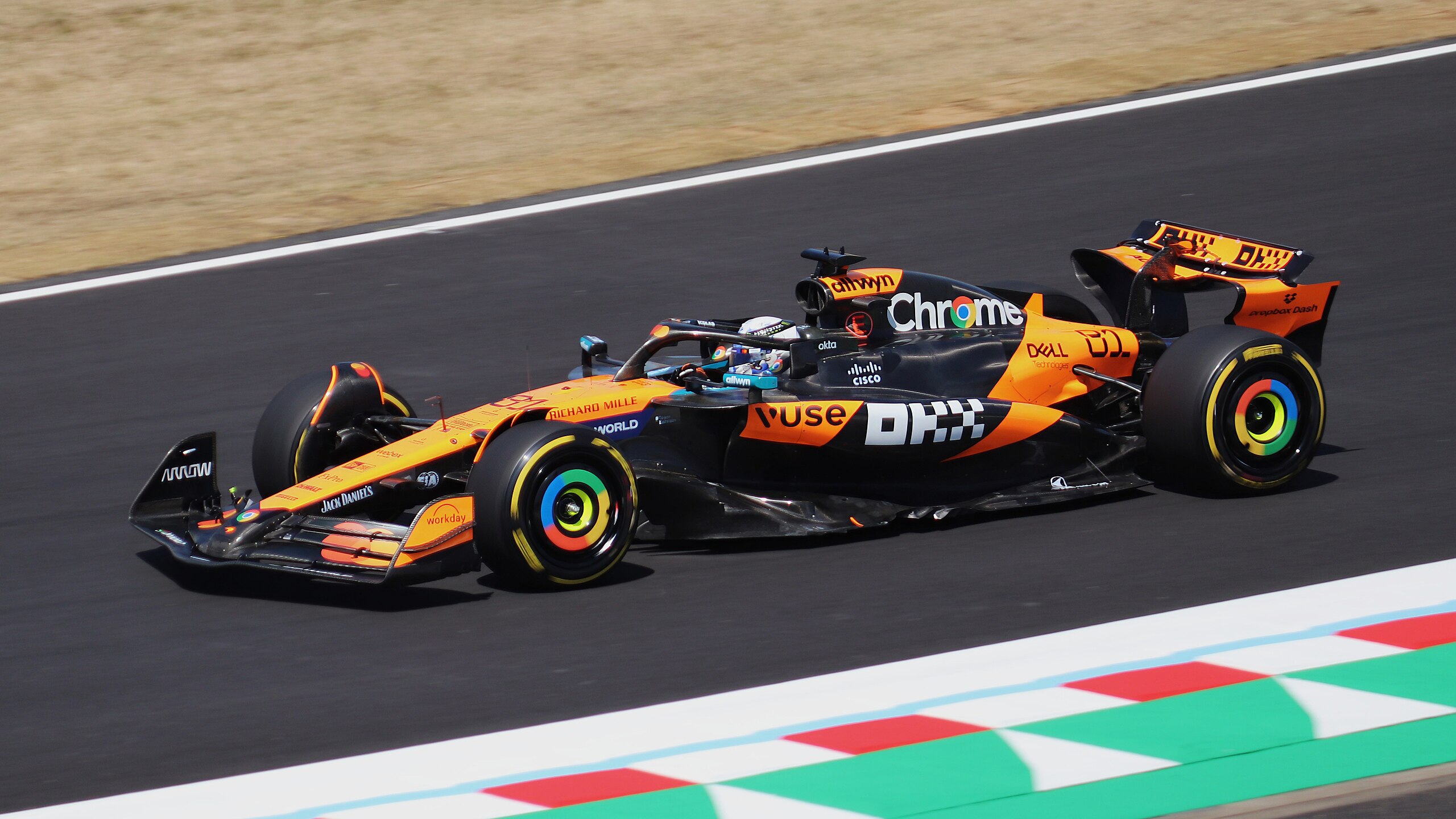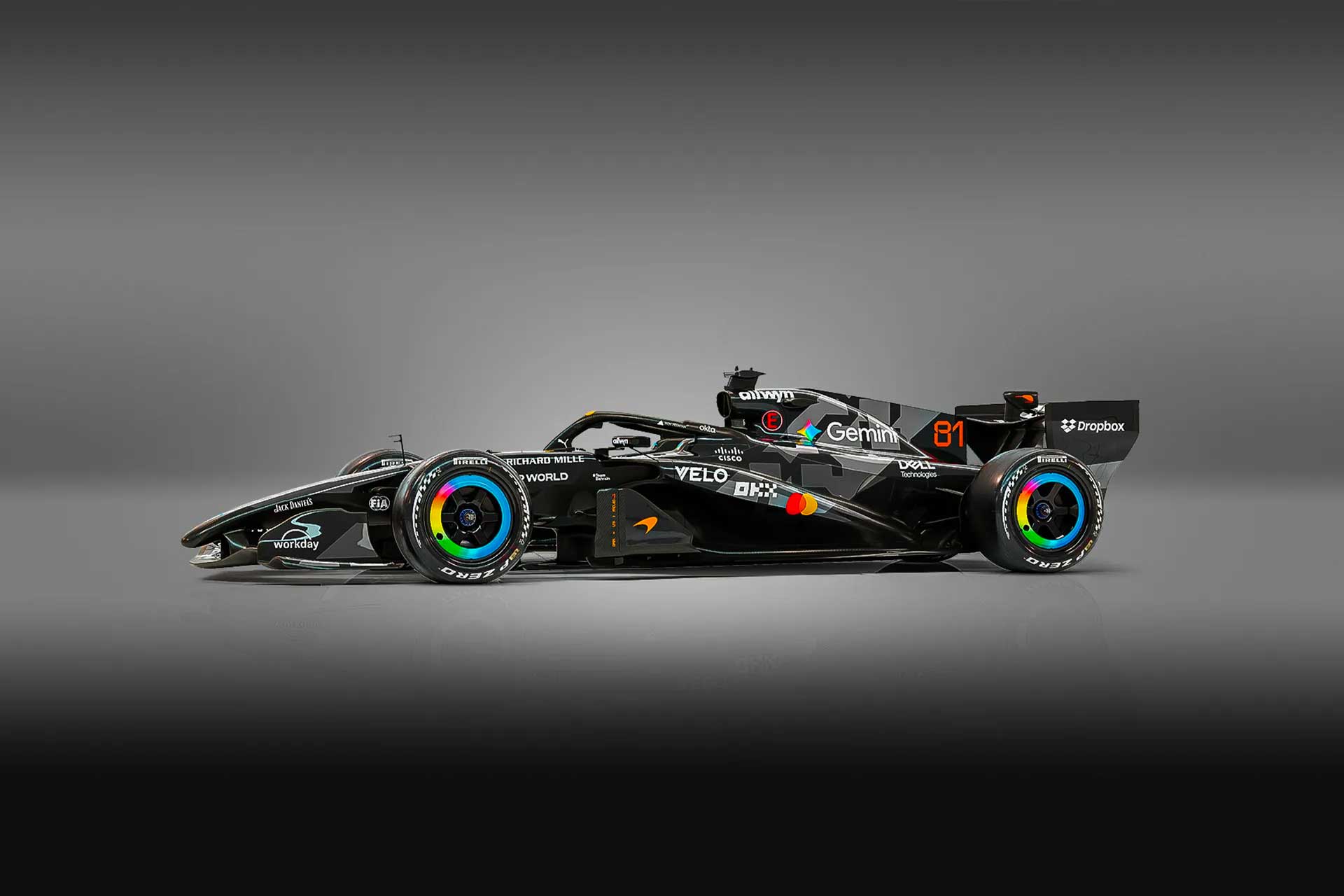Sports marketing and product theories
Practice without theory is blind: who could doubt this? This is why theory cannot be ignored and, when something does not work or practice gives poor results, it should be given back its central role. As this applies to sports marketing as well, let’s investigate the theory behind this sector.
A sports product (and here we mean the production of a sports event that could be appreciated by a large number of fans and supporters) consists of some fixed and well-structured features:
- competition between two or more than two individuals;
- separation from the traditional and common concept of space and time (all sports have a predefined time – e.g. a football match lasts ninety minutes – and are played within predetermined areas – the edges of a race track, the ropes in a boxing ring);
- clear and unambiguous rules (footballers cannot use their hands, boxers cannot hit below the belt);
- unpredictability of the final result;
- the involved sports people have special skills or physical features that contribute to achieving an outcome.
If we stick to theory, it clearly emerges that the stronger and greater in number these features are, the more successful the sports product will be. On the other hand, when one or multiple features above tend to get weak and eventually disappear, the term “sports product” no longer applies and reference should be made to other forms of entertainment, such as music, show, the theatre and similar disciplines.
Although on a partial scale, these indicators offer an explanation of what is happening to the most prestigious four-wheel championship in the world, i.e. Formula 1, where the Mercedes Team won their fifth consecutive double on the Circuit of Catalonia, Barcelona, last week.
About boredom, theory and other issues
Immediately after the Grand Prix in Baku many complained about the unsustainable boredom generated by still another Grand Prix without thrills and largely dominated by the silver arrows. To be precise, “boredom” is a simplistic and trivialising concept which does not represent the disease, but rather the symptom.
Formula 1 is not boring by its very nature: the current Formula 1 is tedious because something is not working right in it. Going back to my introductory remarks, the causes of such boredom are clearly expressed by the decay of three of the sports product features mentioned at the beginning of this article.
Competition between two or more than two individuals
Although there are natural differences between stronger and weaker teams in any discipline, whether it is football, basketball or motor sports, a huge gap such as the one experienced in the major series of open wheelers is definitely inconceivable. The gap is mainly due to extraordinary economic differences in the operating budgets, with Mercedes having a budget for 2018 totalling 450 million euro against 110 of Force India. This gap is more likely to grow than to be reduced if you consider how economic regulations are structured in Formula 1. These assumptions void the idea of competition among different teams, as the game only has one leader and no real competitors.
Clear and unambiguous rules
Rules are a key point, especially for fans. The rules of Formula 1 have become so complex that any infrequent follower of this sport cannot watch the TV and the race with pleasure. Tyre changes with different tread compounds, compliance with the delta time when the virtual safety car is on the race track and the unclear possibility to activate the DRS while lapping other cars on the way back to the boxes: the major series of open wheelers is a very difficult sport to follow and it is now very far from the concept of traditional “car racing”.
Unpredictability
The issue with unpredictability is easy to understand if you consider that the team who won the last five world championships is also the winner of the first five races of the ongoing season. However, “Predictability” does not merely mean guessing the winner, but seeing how an event ends. More and more frequently cars and their drivers cross the finish line in the same order as at the start line. Additionally, as cars are more reliable and easier to drive, sensational breakage or extraordinary twists are quite uncommon. In the Barcelona race too, the safety car did not contribute to mixing things up and the drivers crossed the finish line almost in the same order they had at the start of the race.
An endemic problem?
Formula 1 was one of the most important happenings on earth for many years. Starting from the 60s until the first five years of the new century, the major formula was considered a mythological Eden inhabited by knights of extraordinary courage who drove their hellishly fast cars, pushing them beyond the borders of physics, fearless of danger. It was “like flying jet fighters in a gymnasium“, to quote the old saying. The show was so breathtaking that it kept millions of people all over the world with their eyes stuck on the TV screen. At the same time, Formula 1 was the unsurpassed goose that lays the golden eggs for people involved in sports marketing and sponsorships. Any brand displayed on the single-seaters of the golden days still have an unsurpassed popularity at present.
This model was supported by free-to-air television, which helped sponsors and investors to reach out to millions of homes and vast crowds all over the world thanks to a strong, consistent and moderately expensive programme. Have a look at the following data to understand the unlimited dimension of this phenomenon. In the Italian peninsula Formula 1 recorded an average of 10 million 650 thousand viewers per race back in 2000. In our days, only the most successful night at the Italian song festival “Festival di Sanremo” can hit these figures.
The shift to pay-per-view was a risk that the organization decided to take at world level considering the huge fan base: networks like SKY were ready to pay mind-blowing amounts to acquire a wide slice of the audience cake, which could rapidly fill up the wallets of sports managers.
As is evident, however, the pay-per-view model is pitiless if the show is not excellent. Nobody is willing to pay for a boring race or to fall asleep watching TV. The result is a bewildering drop in the audience rates and the pitiless escape of sponsors who tend to take a different road, if they are not industry operators. According to Forbes, the drop in the audience rate in Formula 1 in the past 11 years in the UK – one of the leading markets – amounts to approx. 20%, with negative peaks of 44% in the last season.
If, on the one hand, it is easy to understand that a series like Formula 1 may tend to support pay TV (although it guarantees a lower income from the sponsors), on the other it is rather impossible to continue to hide the one and real problem: the show that modern F1 offers is very low quality, as explained above.
The other half of heaven
Curiously enough, on the very day when Formula 1 was living another grey page in its history, a sport show of rare beauty was taking place on the other side of the ocean. In the American NBA the two conference semi finals between Portland and Denver and between Toronto and Philadelphia at the seventh and conclusive match were decided by a shot at the buzzer. A thrilling sport moment offered to game supporters and anyone who was lucky enough to switch to the TV channel where the match was being broadcast.
Some time ago I posted an article on these pages to discuss the condition of health of the championships. At present, it is impossible to exclude the NBA from the major series on the planet – together with the Premier League and the Champions League – if you consider how healthy it is and the fact that it has all the features of a sports product, as mentioned at the beginning of this article.
You may now wonder how NBA connects to Formula 1. Let’s take a deeper insight and you will understand that the parallelism is not as fancy as you may think. Professionals involved in sports marketing are very well aware that competition in the sports marketing arena is not merely inside, but also outside the sport and it is played with other sports disciplines as well. At a time of a vast and multidisciplinary offer, the battle is actually fought on all fields. If a sport is boring, the viewer will eventually watch a different one and sooner or later a radical change will take place in his/her preferences. This is even more true for new viewers who will tend to prefer thrilling sports with unpredictable outcomes from the very beginning (this was the case with baseball which gradually lost viewers to American football and basket, as these are more exciting sports and more accessible time-wise).
The impact is not only on viewers, of course. Sponsors too are affected in that they will eventually queue to be visible to the greatest number of eyeballs possible and to be associated with the most thrilling and adrenaline-filled disciplines.
Live by the motor, die by the motor
There is one more aspect that needs to be considered when the issue is competition outside the concerned discipline, which is quite a significant aspect for contemporary Formula 1. When viewers move from one discipline to another, they tend to chose disciplines with similar features. More specifically, lovers of motor disciplines who are bored by Formula 1 are likely to switch to other motor series, i.e. two or four wheels irrespectively, such as Formula E and MotoGP. Both championships are currently experiencing an enviable level of fitness and health: competitions are exciting, the rules are simple and the formats are extremely easy and pleasant to follow.
Formula E, which was initially criticised for being a poorly appealing marketing experiment, is winning quite a respectable audience share, which is on a constant rise thanks to exciting races and gritty drivers. On the other hand, MotoGP with its sound management of the rules and competitiveness involving all teams – four manufacturers compete for the podium every Sunday – is more and more radically becoming the flagship of motor competitions. Of course, sponsors and marketing programmes move accordingly.
Spain is dead. Long live Spain!
In my previous lines I quoted an article about the health of the championships. To conclude this one I would like to refer to this issue, drawing a sad yet interesting parallelism.
Although it has not been formally confirmed yet, the news spread that the race held in Barcelona may be the last edition of the Formula 1 Grand Prix in Spain. Next year the circus may give the Catalan track a brush-off in favour of the Zandvoort track in the Netherlands. The reasons for this decision are said to be multiple (erm, Max Verstappen) but the significant drop in the demand for tickets by the Spanish fans is definitely on top of the list. For the first time ever since the 50s the Iberian peninsula would be out of the F1 world championship.
I am writing these lines a few weeks after the MotoGP Grand Prix in Jerez de la Frontera, the first European stop of the two wheel world championship – an incredible event for fans and supporters, feasting and colourful crowds eager to give proof of the passion of an entire nation to any device featuring an engine and wheels.
Spain, together with Italy and Great Britain, is one of the homes of world motor sports. It is the land that enthusiastically crowded the track of the world championship and now it is rumoured to be moving out of Formula 1. If these news are true, then the crisis experienced by the major series of open wheelers must be very serious indeed.
Discover more about Sports Marketing Agency UK.
Want to discuss sponsorship and sports marketing? Drop us a line at info@rtrsports.com




